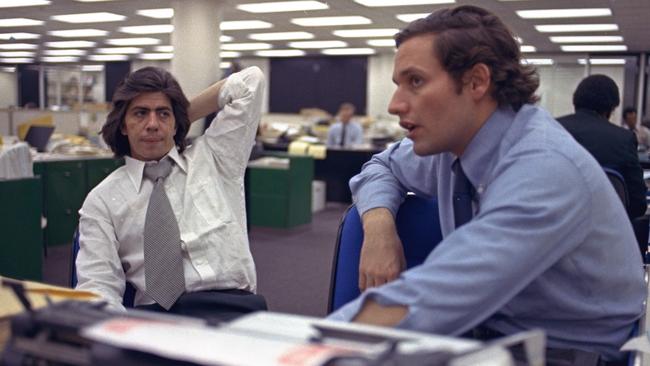
Nixon probably would survive Watergate today. Political polarisation and media partisanship, coupled with the tribal nature of social media that energises disinformation and rallies one-eyed supporters, would likely enable Nixon to avoid resignation, even though his tape-recorded conversations implicated him in the cover-up of the burglary.
It was security guard Frank Wills who first witnessed the suspicious activity at the Watergate offices. At 1.47am, he wrote in the security logbook: “Found tape on doors; call police.” Several Watergate burglars and their handlers worked for Nixon’s re-election committee and previously the White House. Watergate was just one of many illegal operations.
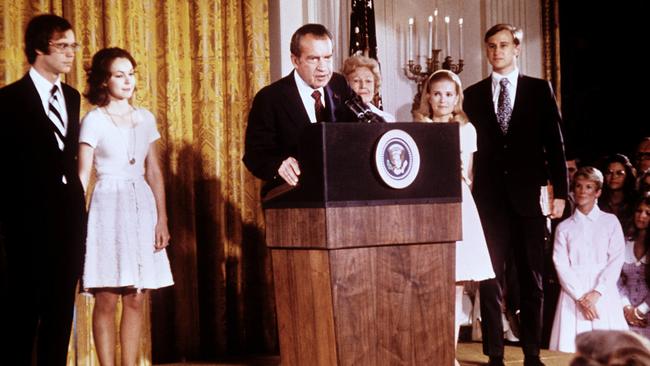
Daniel Ellsberg’s leak of the top-secret history of the Vietnam war, the Pentagon Papers, a year earlier led Nixon to establish a secret team of “plumbers” to plug future leaks. It was led by G. Gordon Liddy. In early 1972 Liddy developed Operation Gemstone, a systematic campaign to damage potential Democratic presidential candidates, including by planting bugging devices.
Ellsberg told me last year he did not believe the Pentagon Papers would have much impact on the Vietnam war. But they did have an impact on Nixon, who feared his own secrets, such as bombing Cambodia, might be revealed. “They really thought I was a danger to their secret foreign policy, and I was, but unfortunately I didn’t have the documents to prove it,” Ellsberg said.
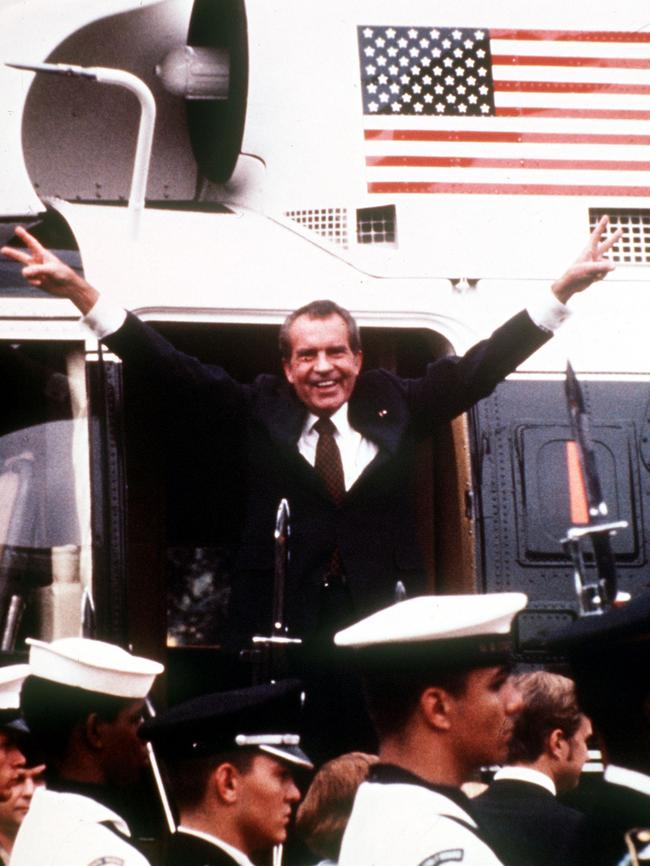

Nixon was a political figure of Shakespearean proportions. He was brilliant, and had many domestic and foreign policy achievements, but ultimately was destroyed by his deep personal flaws and insecurities. Nixon’s crimes were fuelled by hatred and paranoia. This is what led to the Watergate cover-up. Nixon is the only US president to resign.
There was no chance Donald Trump would resign despite clear grounds for his removal from office: withholding military assistance to Ukraine unless Volodymyr Zelensky did him a favour by investigating Joe Biden and Biden’s son Hunter and his treasonous attempt to overturn an election and initiate a coup. He was impeached twice by the US House of Representatives but acquitted by the Senate.
Trump has expressed no remorse for refusing to accept losing the 2020 presidential election, inciting the Capitol riot or seeking to overturn the election. He has no decency, integrity or shame.
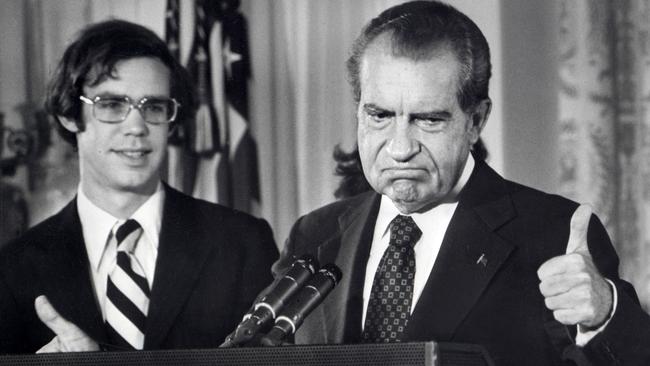
At least Nixon had enough respect for the law and political conventions to resign in 1974. Nixon told journalist David Frost in 1977 he “let the American people down” and in his 1978 memoir, RN, said his actions and omissions were “regrettable and possibly indefensible”.
While reporters Bob Woodward and Carl Bernstein were critical in divulging systemic corruption in Nixon’s White House, so were others. FBI deputy director Mark Felt became a secret source, known as “Deep Throat”, for Woodward. Congressional investigators and televised hearings were essential in uncovering the truth and applying pressure on Nixon. And the US Supreme Court ordered Nixon to surrender his secret tape recordings.
Conservative senator Barry Goldwater, the Republican nominee for president in 1964, and the Republican leaders of the house and Senate went to the White House to tell Nixon he would not survive a Senate impeachment trial. Goldwater, sitting in the Oval Office, declined to say if he would vote for Nixon’s acquittal. Woodward told me last year this was the key difference between Trump and Nixon: the Republican Party emboldens Trump whereas it was the Republican Party leadership that edged Nixon out of office. “(Nixon’s) secret tape recordings established conclusively that he was a criminal and the Republican Party turned against him,” Woodward said. “The Republican Party supports Trump.”
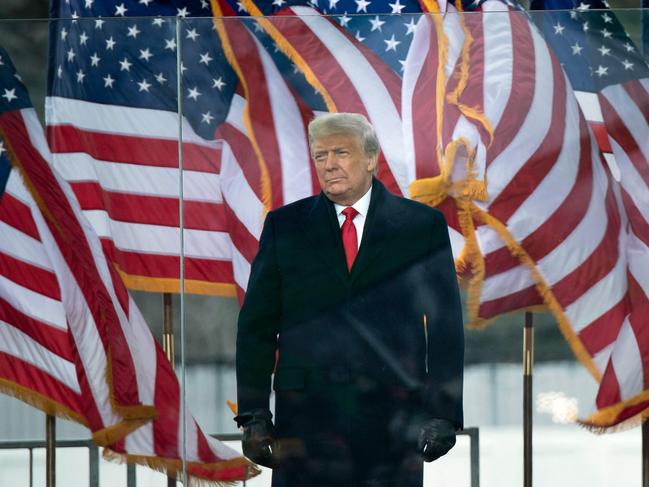
Today Nixon, like Trump, would have prominent media commentators supporting him and willing to propagate his lies. This would be amplified by fringe online media outlets and social media, which would embolden him not to resign. Nixon could mount an insidious disinformation campaign to discredit congressional investigators, the FBI, Supreme Court judges and intrepid journalists, and hold public rallies to protest his innocence.
The secret taping system in the Oval Office was revealed during the Watergate hearings by Alexander Butterfield, the deputy chief of staff, who reported to Nixon’s chief of staff, HR “Bob” Haldeman. Most White House staff did not know the taping system existed. Nixon ordered the tapes to be destroyed in 1973 but evidently this was not carried out.
In 2014, Nixon’s counsel John Dean told me the president “would probably have survived” if his tapes had been destroyed. Dean’s testimony that Nixon obstructed justice, sought to have the CIA pressure the FBI to drop its investigation and discussed paying off the burglars was confirmed on the tapes and thus sealed the president’s fate. But Nixon would probably be able to remain in office today even if the tapes were made public.
In a new edition of Woodward and Bernstein’s classic book, All the President’s Men, they write about the parallels between Nixon and Trump: “(They) have been willing prisoners of their compulsions to dominate, and to gain and hold political power through virtually any means. In leaning so heavily on these dark impulses, they defined two of the most dangerous and troubling eras in American history.”
Fifty years after the Watergate break-in that exposed Nixon’s abuses of power, the US is reeling from another president’s attempted subversion of democracy. Despite ethics and transparency reforms post-1974, today US voters are more divided, the media is more partisan and adversarial, social media licenses disinformation, and the Republican Party remains in Trump’s grip. Nixon likely would have thrived and survived.


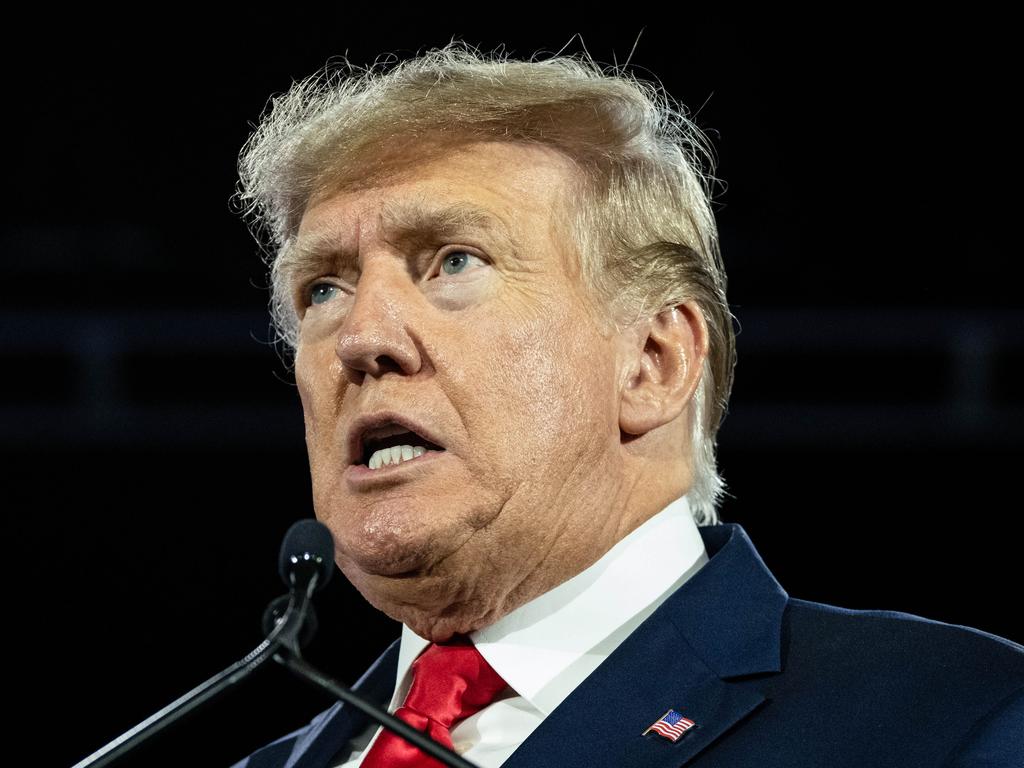

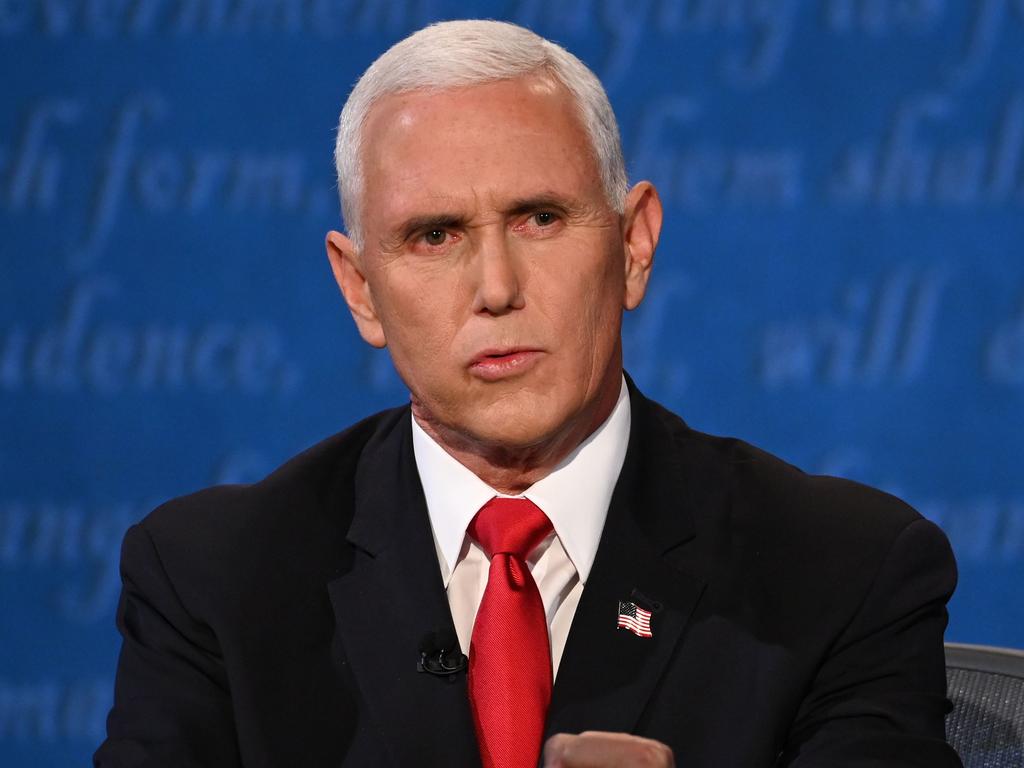
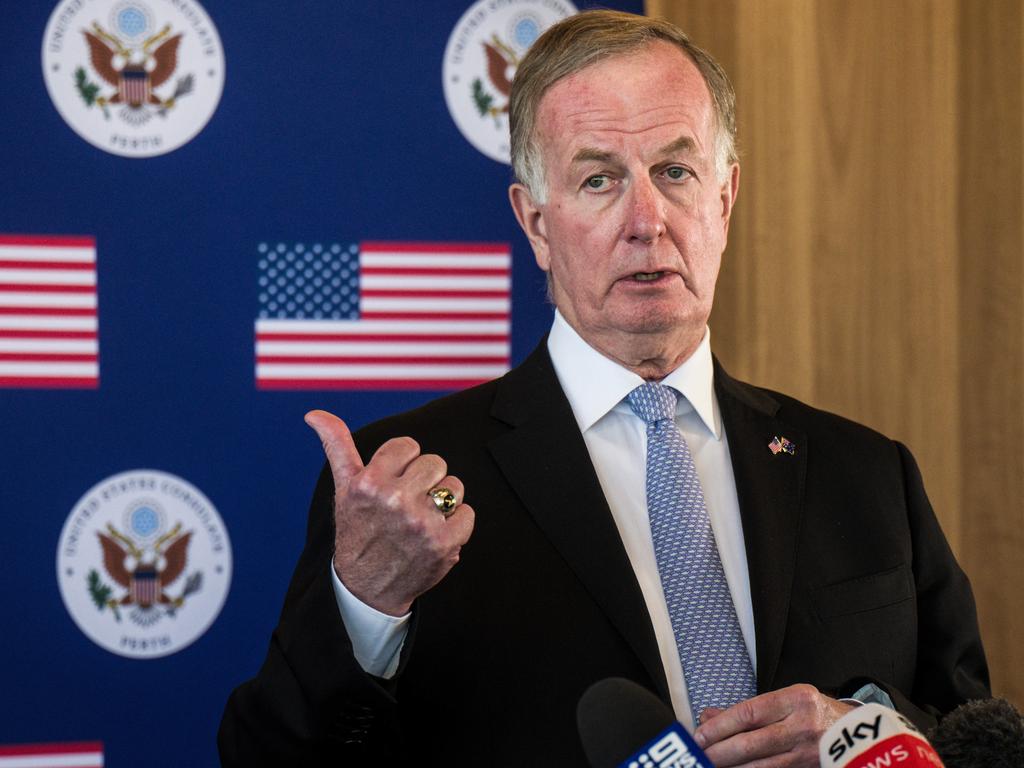


In the early hours of June 17, 1972, five men dressed in business suits, carrying sequentially numbered $100 notes and wearing surgical gloves were arrested breaking into the Democratic National Committee at the Watergate Office Building in Washington, DC. Those arrests would uncover a campaign of espionage, sabotage and disinformation that would result in the resignation of president Richard Nixon.